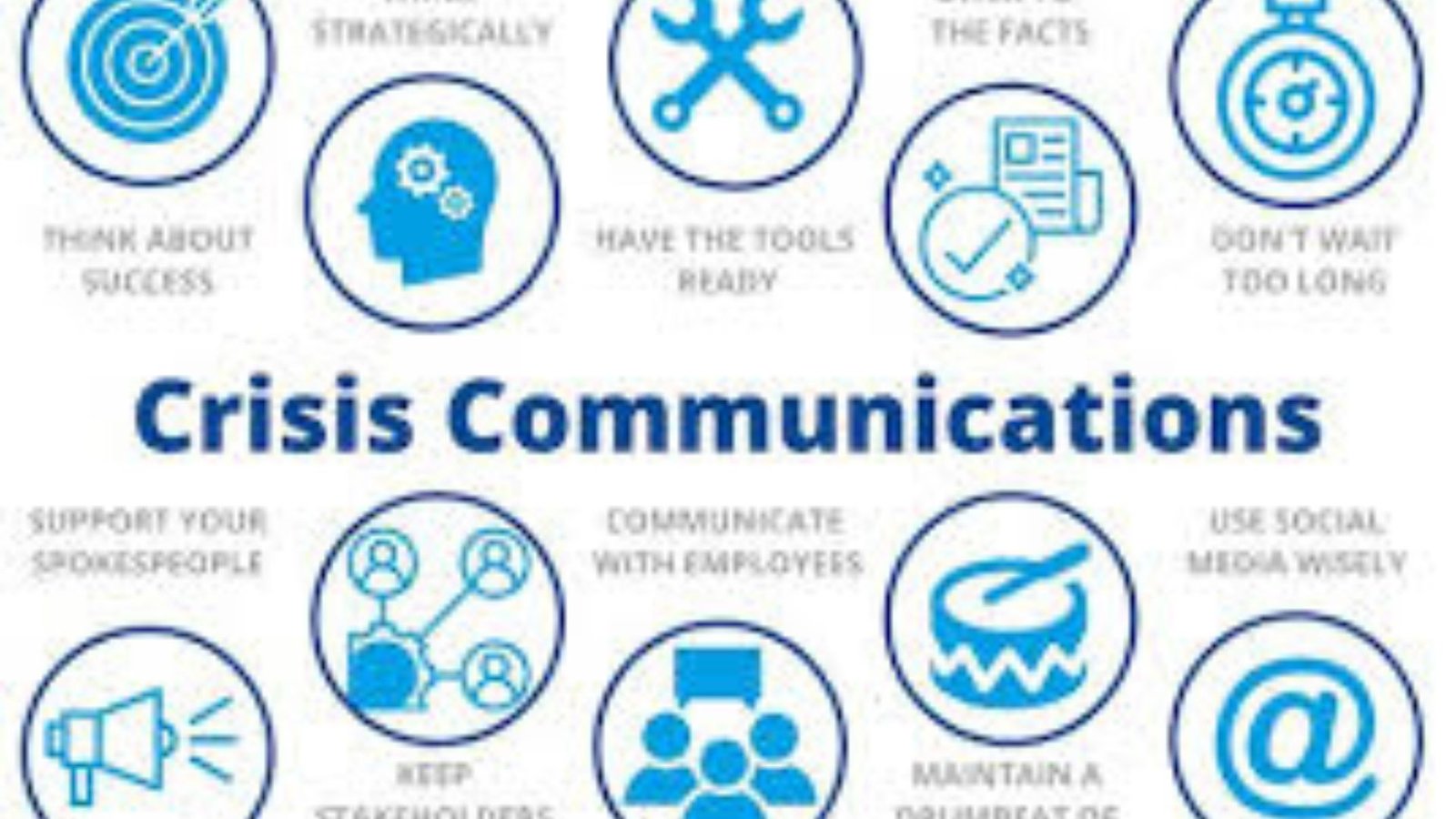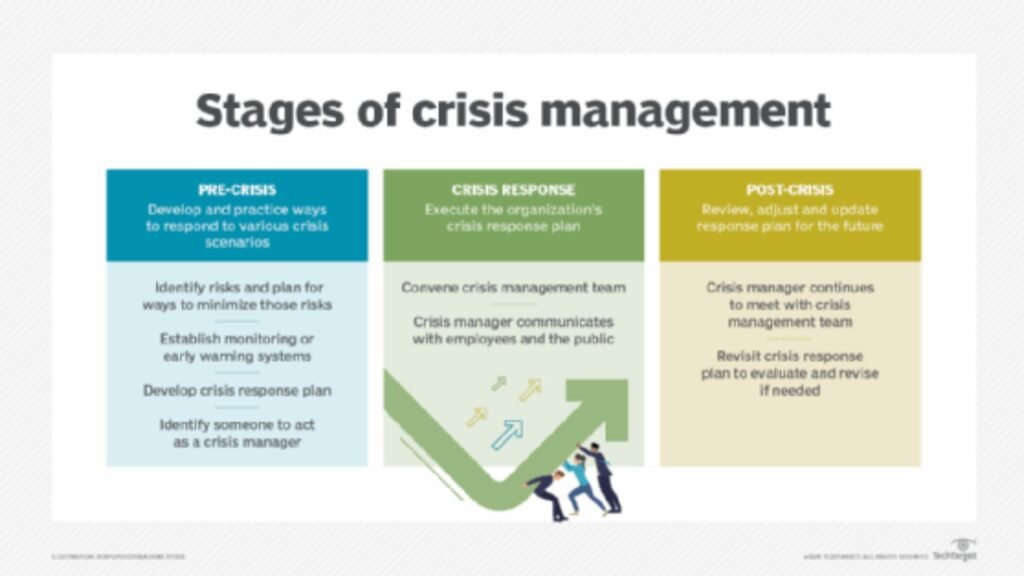In times of crisis, business communication plays a crucial role in managing the situation effectively. Whether it’s a sudden issue or a major incident, having a clear communication strategy can help steer the business through turbulent times. Here are some essential tips for handling crisis management with effective business communication.

1. Develop a Clear Communication Plan
Importance of a Communication Plan
Firstly, having a clear communication plan is vital during a crisis. A communication plan outlines how information will be shared and who will be responsible for delivering messages. It ensures that everyone in the organization knows their role and the channels of communication.
How to Create a Communication Plan
To create a communication plan, start by identifying key stakeholders, including employees, customers, and partners. Determine what information needs to be communicated and the best methods for delivering it. Designate spokespersons who will handle media inquiries and internal communications. Regularly update and practice your plan to ensure everyone is prepared.
2. Communicate Clearly and Honestly
Why Clear Communication Matters
During a crisis, clear communication helps to avoid confusion and misinformation. Being straightforward and transparent builds trust and ensures that all parties are on the same page. It helps to manage expectations and reduce anxiety.
Tips for Clear and Honest Communication
When communicating during a crisis, use simple and direct language. Avoid technical jargon that might confuse your audience. Provide accurate and up-to-date information as soon as possible. Be honest about what is known and what is still uncertain. This approach keeps your audience informed and reassured.
3. Maintain Consistency Across Channels
Benefits of Consistent Messaging
Consistency in messaging is essential for effective crisis management. Consistent messaging ensures that everyone receives the same information, which prevents mixed signals and confusion. It reinforces trust and credibility.
How to Ensure Consistency
To maintain consistency, use the same key messages across all communication channels. Coordinate with all departments involved in communication to ensure that everyone is aligned. Regularly review and update your messaging to reflect any changes in the situation. This practice ensures that your communication remains coherent and unified.
4. Be Responsive and Available
Importance of Responsiveness
Being responsive is crucial during a crisis. Responsiveness shows that you are actively addressing the situation and are available to answer questions. It helps to manage concerns and maintain trust with stakeholders.
Strategies for Being Responsive
Set up dedicated communication channels for crisis management, such as a hotline or email address. Ensure that these channels are monitored regularly and that responses are timely. Provide regular updates to keep stakeholders informed about the situation and any developments. This approach helps to manage expectations and build confidence in your handling of the crisis.
5. Show Empathy and Support
Why Empathy is Important
During a crisis, showing empathy and support is essential for maintaining positive relationships. Empathy demonstrates that you care about the well-being of your stakeholders and are committed to addressing their concerns.
How to Show Empathy
Express understanding and concern for the impact of the crisis on your audience. Use compassionate language and acknowledge any difficulties they may be facing. Offer support and assistance where possible, and communicate how you are working to resolve the issue. This approach helps to build rapport and trust during challenging times.
6. Evaluate and Adjust Your Communication Strategy
Importance of Evaluation
Evaluating your communication strategy helps to ensure its effectiveness and allows for improvements. Evaluation provides insights into what worked well and what needs adjustment. It helps you learn from the crisis and prepare for future situations.
How to Evaluate and Adjust
After the crisis, review the effectiveness of your communication strategy. Gather feedback from stakeholders and assess the impact of your messages. Identify any gaps or areas for improvement and make necessary adjustments. Use this evaluation to refine your communication plan and enhance your crisis management approach.
7. Prepare for Future Crises
Why Preparation Matters
Preparing for future crises helps to improve your response and communication strategies. Preparation involves learning from past experiences and establishing protocols for handling similar situations in the future.
How to Prepare for Future Crises
Conduct regular training and simulations to practice your crisis management and communication skills. Update your communication plan based on lessons learned from past crises. Ensure that your team is equipped with the tools and knowledge needed to handle emergencies effectively. This preparation enhances your resilience and readiness for future challenges.
Conclusion
In conclusion, effective business communication during a crisis involves developing a clear communication plan, being honest and transparent, maintaining consistency, and being responsive. Additionally, showing empathy, evaluating your strategy, and preparing for future crises are crucial for successful crisis management. By following these tips, you can navigate challenging situations more effectively and maintain trust with your stakeholders.

